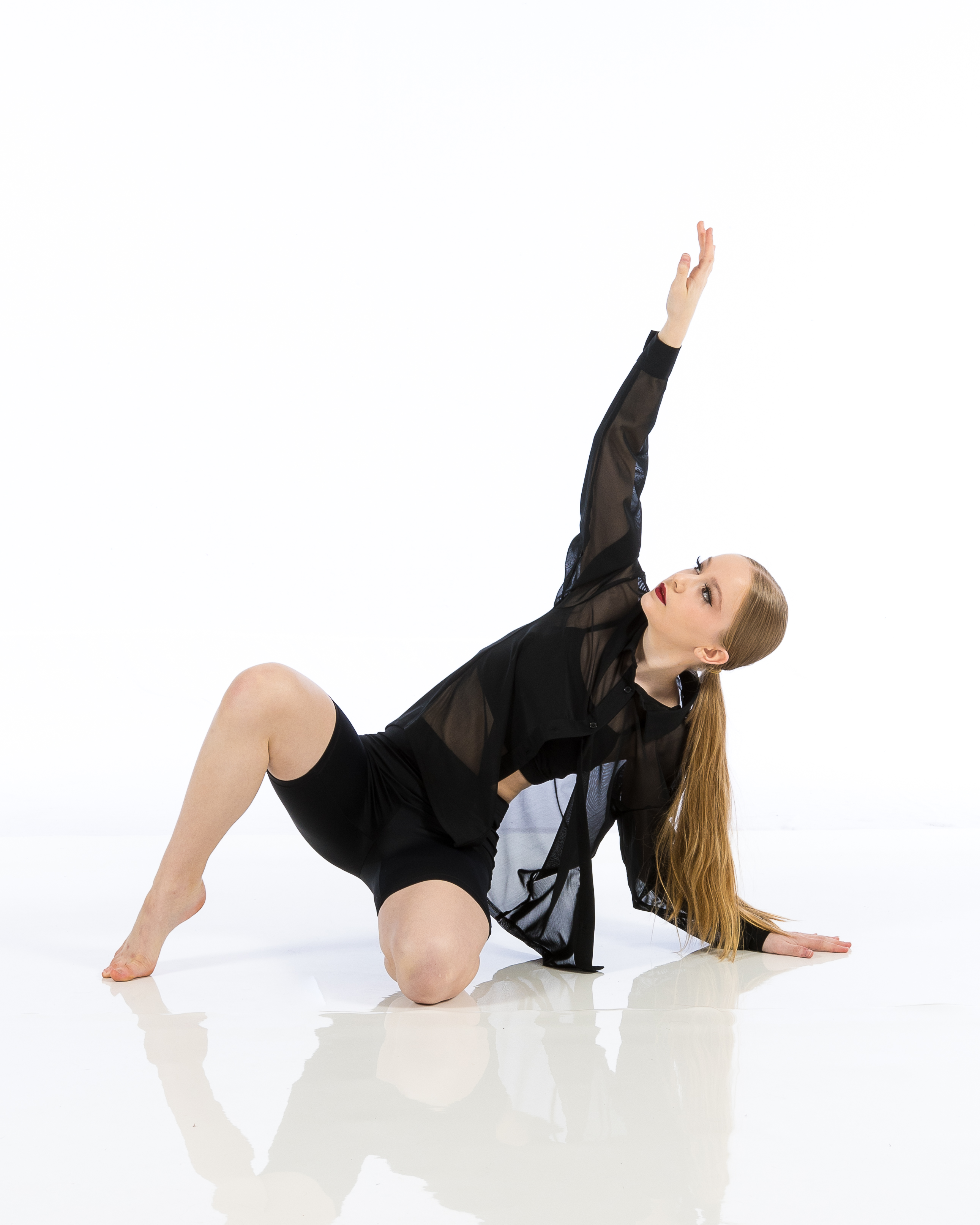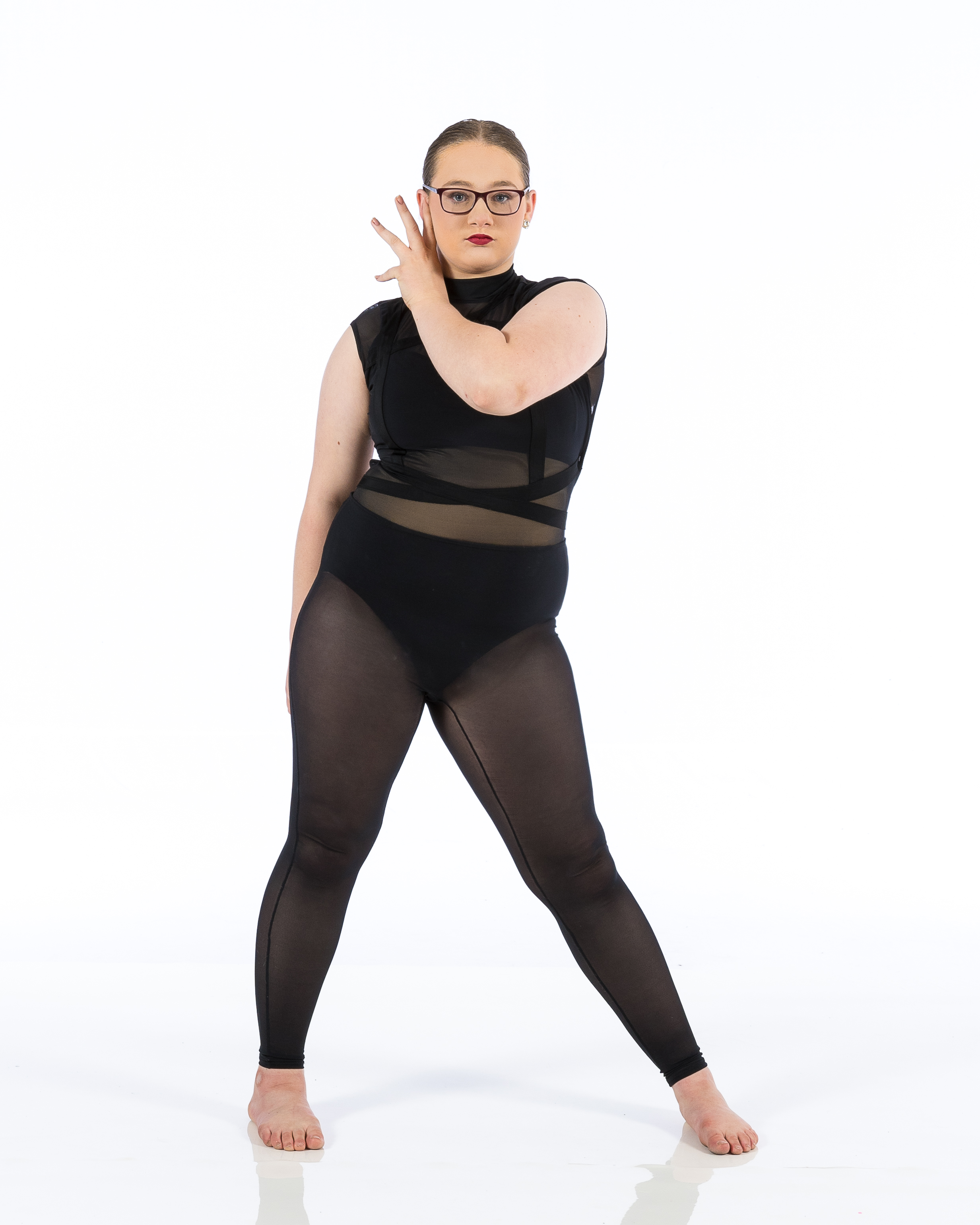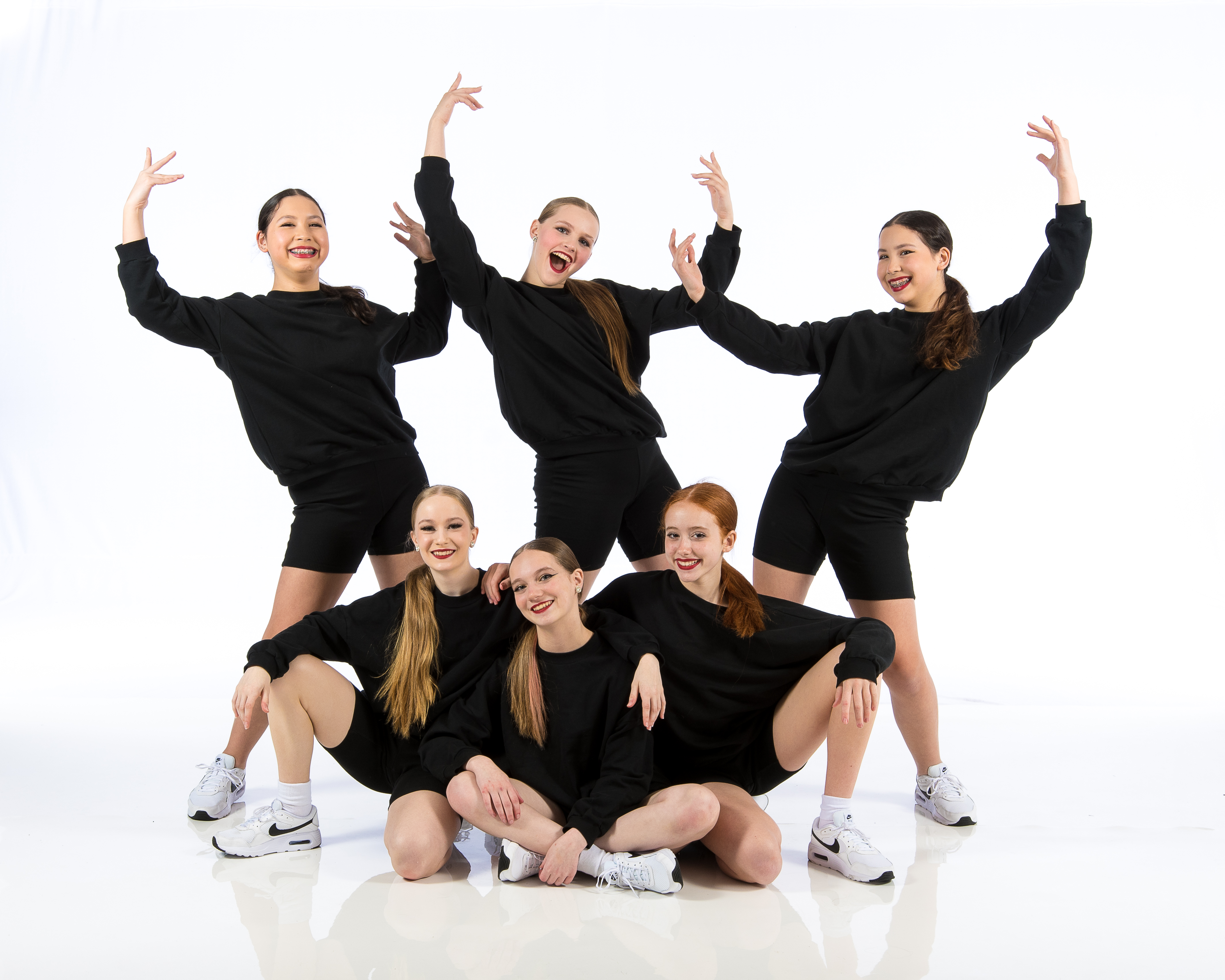Introduction
Dance is an art form that transcends barriers, unifies communities, and ruptureds with the vitality of human expression. Whether you're a budding dancer entering a dance studio for the very first time or an experienced performer looking to refine your craft, recognizing dance studio decorum is crucial for making sure a positive experience. This considerable overview entitled From Beginner to Specialist: Browsing Dance Studio Rules for an Unified Experience will certainly take you through every aspect of dance studio behavior, providing insights that will certainly boost your experience and foster more powerful relationships within the dance community.
Understanding Dance Studio Etiquette
What is Dance Studio Etiquette?
Dance studio etiquette describes the collection of rule of thumbs and social standards that govern actions in a dancing class setting. Just like any other creative setting, respecting these guidelines can boost not only your understanding experience but additionally that of your peers.
Why is Dance Studio Decorum Important?
Adhering to appropriate decorum assists produce an environment of respect, emphasis, and cooperation. It promotes a feeling of area and allows professional dancers to support each other in their development while reducing disturbances throughout class.
From Novice to Expert: The Relevance of First Impressions
Preparing for Your Initial Class
Walking right into a dance studio for the very first time can be stressful. To make a memorable first impression:
- Dress properly: Use comfortable outfit ideal for the type of dancing you're studying. Arrive early: Objective to arrive at least 10-- 15 mins before class starts. This provides you time to sign in, heat up, and work out in.
Greeting Your Instructor
A pleasant greeting collections the tone for your experience. Always present on your own if it's your fabulous! A simple "Hello" or "Good morning" can go a long way in developing rapport.
Classroom Conduct: The Do's and Do n'tshtmlplcehlder 46end.
Do's: Favorable Behaviors
Be Respectful: Respect everybody's personal area-- specifically when practicing moves. Listen Actively: Show attentiveness when teachers are talking; it shows you value their guidance. Support Your Peers: Motivate fellow professional dancers; positivity types encouragement.Don'ts: Adverse Behaviors
Avoid Diversions: Maintain individual discussions outside the classroom. Don't Usage Your Phone: Silence your phone throughout course; it's disruptive. Refrain from Interrupting: Wait till the instructor surfaces before asking questions.The Role of Individual Room in Dancing Studios
Understanding Boundaries
Personal space varies from one person to another, particularly in a dance setup where physical distance is typically needed throughout practice routines.
Communicating Comfort Levels
If you really feel awkward with just how close another dancer is getting during partnered exercises or developments, it's important to interact this pleasantly and professionally.
Maintaining Expertise: Dress Code and Grooming
Importance of Correct Attire
Each dancing design usually has its very own gown code-- whether it be leotards for ballet or loose-fitting apparel for hip-hop courses-- sticking to these requirements shows respect for both your craft and your instructor.
Personal Hygiene Matters
Dancing needs physical exertion, which can bring about perspiration. Guarantee you preserve good health by bathing before course and wearing clean attire.
Behavior Throughout Course: Concentrating On Learning
Engaging with Instruction
It's essential to stay focused during demonstrations. Instead of merely seeing, actively involve by imagining just how you would certainly carry out each movement.
Asking Inquiries Appropriately
Curiosity enhances finding out! If something isn't clear, feel free to ask inquiries-- however guarantee they matter and postured at appropriate times (preferably after directions).
Feedback: Welcoming Useful Criticism
Accepting Comments Gracefully
Constructive criticism is component growth in any type of art form. Accept Dance Studio responses with an open mind and stay clear of coming to be defensive; remember that review aims to help enhance your skills!
Offering Comments Thoughtfully
When providing responses to peers, guarantee it's useful rather than critical; concentrate on what they succeeded together with locations for improvement.
Creating Harmony Via Teamwork
The Relevance of Group Spirit
In numerous dance styles, team effort plays a pivotal role; establishing sociability with fellow dancers causes improved performances.
Collaborating During Team Exercises
When associated with group projects or choreography methods, encourage creativity by valuing everybody's ideas while also adding yours constructively.

Handling Conflicts Gracefully
Addressing Disputes Maturely
Conflict might occur due to misunderstandings or differing viewpoints on choreography choices. Deal with these concerns independently as opposed to openly airing grievances which can interrupt course harmony.
Seeking Mediation When Necessary
If disputes rise past personal resolution initiatives-- seek advice from instructors that can moderate efficiently based on their experience handling similar situations.
Post-Class Etiquette: Leaving on a Great Note
Thanking Trainers After Class
Always reveal thankfulness in the direction of your instructor after lessons; this strengthens favorable partnerships while recognizing their hard work!
Keeping the Studio Clean
Whether it's getting canteen or neatly preparing props post-class-- maintaining sanitation shows respect for common areas made use of by all dancers!
Engaging Beyond Class Time: Structure Neighborhood Relationships
Joining Social Events
Participate in gatherings organized by workshops such as displays or open houses-- these events provide chances for networking while enhancing neighborhood connections outside organized lessons!
Supporting Other Dancers' Performances
Attending peers' efficiencies shows uniformity within the dance community-- it motivates interaction past mere presence at classes!

Frequently Asked Questions (FAQs)
1. What ought to I put on for my initial dance class?
Choose comfortable attire ideal for the particular design you're taking (e.g., leotards for ballet). Constantly ask about dress codes beforehand!

2. Is it okay to chat throughout class?
It's best practice not to take part in side discussions during direction as this distracts both teachers & & fellow pupils alike!
3. How do I deal with feeling overwhelmed?
Take deep breaths & & advise on your own that every professional dancer began somewhere! Communicate any type of fight with instructors that might provide additional aid if needed!
4. What if I differ with choreography choices?
Express worries respectfully either independently or within designated feedback sessions as opposed to freely critiquing during wedding rehearsals; maintaining expertise aids resolve arguments amicably!
5. Should I bring water into the studio?
Definitely! Staying moisturized enhances performance levels; just guarantee containers are securely closed so spills don't occur on floors where others are dancing!
6. Exactly how essential is punctuality?
Punctuality is essential as arriving late interrupts focus levels while triggering disturbances; goal always get here early enough enabling time workout effectively before courses commence!
Conclusion
Navigating with a dance studio environment can seem daunting initially glance yet understanding appropriate rules eventually changes one's trip from novice condition towards skilled level artistry! By adhering carefully recognized behaviors detailed throughout this guide labelled From Novice To Expert: Navigating Dance Studio Rules For A Harmonious Experience *, you'll cultivate very useful relationships within communities enriched creativity while developing technical prowess alongside respected mentors! So lace up those footwear confidently step onto that flooring-- the globe awaits your unique expression via movement!